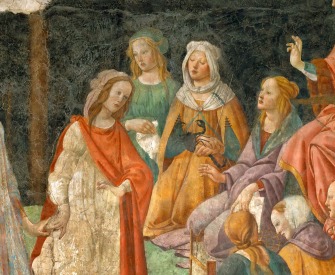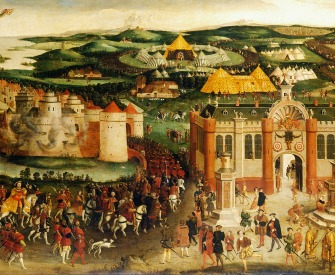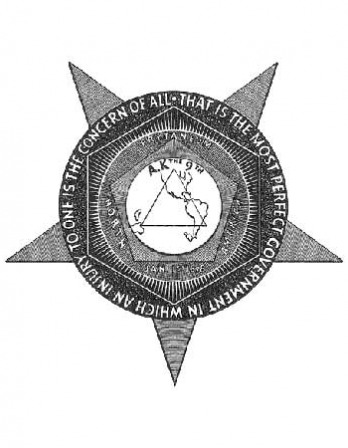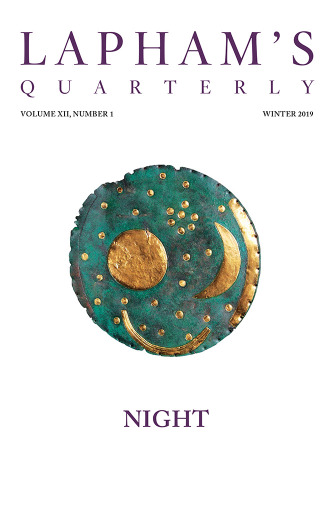By the ancient laws, the people had control over the three most important and vital matters: they elected the magistrates, both civil and military; they sanctioned and repealed laws; and they declared war and made peace.
In discussing and deciding these matters, they voted by curiae, and citizens of the smallest means had an equal vote with those of the greatest. But as the rich were few in number and the poor much more numerous, the latter carried everything by a majority of votes. The reformer king Servius Tullius, observing this, transferred this preponderance of votes from the poor to the rich. For whenever he thought proper to have magistrates elected, a law considered, or war to be declared, he assembled the people by centuries instead of by curiae. And the first centuries that he called to express their opinion were those with the highest rating, consisting of the eighteen centuries of cavalry and the eighty centuries of infantry. As these centuries amounted to three more than all the rest together, if they agreed, they prevailed over the others and the matter was decided. But in case these were not all of the same mind, then he called the twenty-two centuries of the second class. If the votes were still divided, he called the centuries of the third class and, in the fourth place, those of the fourth class. This he continued to do until ninety-seven centuries concurred in the same opinion. And if after the calling of the fifth class this had not yet happened but the opinions of the hundred and ninety-two centuries were equally divided, he then called the last century, consisting of the mass of the citizens who were poor and for that reason exempt from all military service and taxes. Whichever side this century joined, that side carried the day. But this seldom happened and was next to impossible. Generally, the question was determined by calling the first class, and it rarely went as far as the fourth, so that the fifth and the last were superfluous.
In establishing this political system, which gave so great an advantage to the rich, Tullius outwitted the people without their noticing it and excluded the poor from any part in public affairs. For they all thought that they had an equal share in the government because every man was asked his opinion, each in his own century. But they were deceived in this: that the whole century, whether it consisted of a small or a very large number of citizens, had but one vote; and also in that the centuries which voted first, consisting of men of the highest rating, though they were more in number than all the rest, yet contained fewer citizens; but above all in that the poor, who were very numerous, had but one vote and were the last called. When this had been brought about, the rich, though paying out large sums and exposed without intermission to the dangers of war, were less inclined to feel aggrieved now that they had obtained control of the most important matters and had taken the whole power out of the hands of those who were not performing the same services. The poor, who had but the slightest share in the government, finding themselves exempt both from taxes and from military service, prudently and quietly submitted to this diminution of their power. And the commonwealth itself had the advantage of seeing the same persons who were to deliberate concerning its interests allotted the greatest share of the dangers and ready to do whatever required to be done.
From Roman Antiquities. A native of the same Asia Minor city as Herodotus, Dionysius settled in Rome in 30 bc. Twenty-three years later this history of Rome in twenty books began to appear; only the first eleven survive, covering up to 441 bc. The sixth of seven semilegendary monarchs of pre-republican Rome, Servius Tullius was said to have been born a slave to the tyrannical king Tarquin, whom he overthrew around 578 bc. After instituting a series of political and economic reforms, Servius was assassinated by his daughter and her husband, who became Rome’s seventh and final king.
Back to Issue





